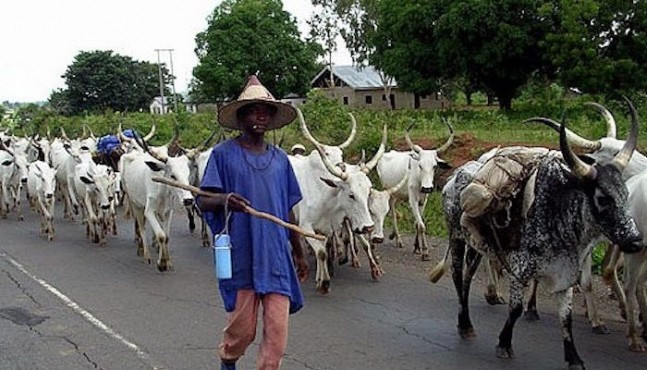Wildlife Conservation Society (WCS) has called for protection of Nigeria’s remaining elephants to save them from extinction.
Country Director, WCS, Mr Andrew Dunn, made the call in a statement made available to newsmen on Saturday in Lagos.
Join our WhatsApp ChannelDunn noted that Nigeria was home to hundreds of thousands of elephants who used to roam the country.
He said that less than 400 of these elephants were currently surviving because of poaching for their ivory and habitat loss.
“Elephants are on the verge of extinction in Nigeria,” Dunn said.
He said that efforts to save Nigeria’s remaining elephants had led to the two-day engagement between the Federal Ministry of Environment, with the support of WCS, and Elephant Protection Initiative (EPI), in Abuja.
“Ten elephant sites were identified during the workshop, including three national parks, and participants produced a list of priority actions needed to save elephants at each site.
“Five of the sites identified are small and isolated, and have fewer than 50 elephants each.
“Unless urgent action is taken, they can be wiped out in less than 10 years.
“Despite the threats, it is not too late to save elephants from extinction in Nigeria, but significant resources and improved political support will be required,” Dunn said.
The environmentalist said that Nigeria had two different species of elephant: the forest elephant (Loxodonta cyclotis) and the savanna or bush elephant (Loxodonta Africana).
According to him, forest elephants are now classified as critically endangered, following an 86 per cent population decline over the last 30 years.
He said that the savanna elephant was now classified as endangered, with populations having decreased, at least, 60 per cent over the last 50 years.
WCS saves wildlife and wild places worldwide through science, conservation action, education and inspiring people to value nature

















Follow Us